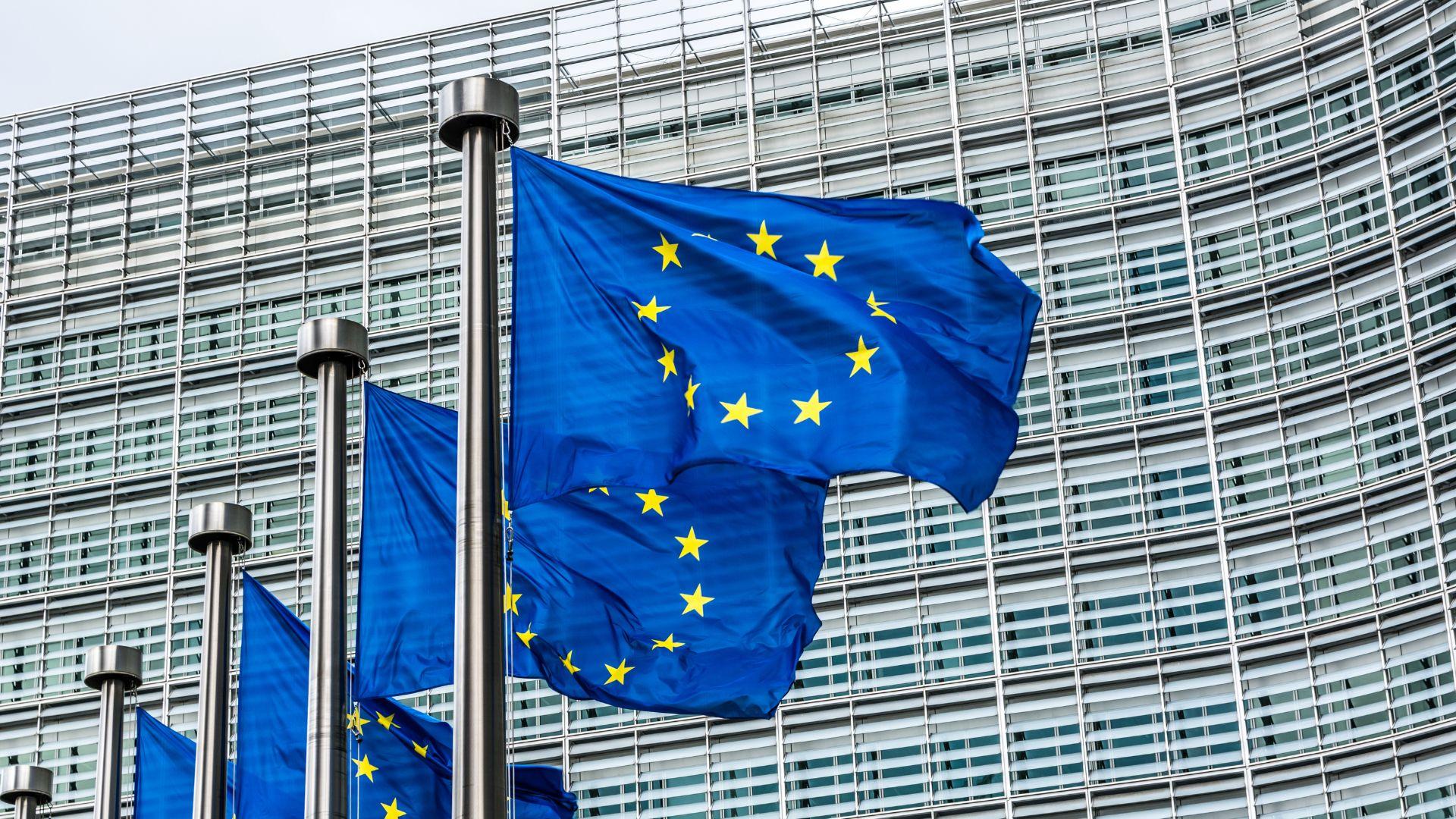Jul 09, 2025 | sustainliam

On July 4th 2025, the European Commission announced a series of measures aimed at simplifying the application of the EU Sustainability Taxonomy. The measures have been implemented to help lessen the regulatory burden on companies by reducing the number of datapoints in the taxonomy’s reporting templates while maintaining the framework’s core objectives.
The measures outlined will come into effect from January 1st, 2026, and form part of the larger EU Omnibus I package, released in February of this year. To learn more about EU Omnibus, you can read our blogpost here.
What’s changed?
The measures introduce several key changes to help to reduce the administrative burdens placed on companies including:
- The changes allow financial and non-financial organisations to exclude non-material activities from EU Taxonomy assessments. Generally, if these activities collectively account for less than 10% of a KPI’s denominator, they’re considered non-material and may be left unassessed.
- For financial organisations, exposures to counterparties not covered by the EU sustainability reporting rules are excluded from KPI calculations (unless those counterparties voluntarily report Taxonomy KPIs)
- Optional use of detailed disclosure templates until 31 December 2027, allowing organisations include a statement in their management report indicating that they’re not claiming alignment with the Taxonomy.
- Overall simplification of reporting templates with deletion of specific templates related to fossil gas and nuclear activities, though critical elements from those templates have been incorporated into the general templates.
The simplification of templates alone will result in a 64% reduction of reported data points for non-financial organisations, and 89% for financial organisations.
Why the change?
The EU Sustainability Taxonomy has been a cornerstone of Europe’s green finance strategy, providing a common language to identify what constitutes a sustainable economic activity. However, as the framework evolved, businesses and industry groups raised concerns about the complexity and volume of reporting obligations. The recent amendments reflect a recognition that overly burdensome regulation could risk slowing down progress rather than accelerating it.
By streamlining the system, the European Commission aims to maintain rigour while encouraging broader adoption, especially among companies that may have previously struggled with the scope and scale of taxonomy reporting.
What do the changes mean for your business?
If your business falls under the scope of the EU Taxonomy Regulation, these changes could bring several benefits:
- Reduced Reporting Costs
With fewer datapoints to gather, check and report, businesses can lower the internal and external costs associated with compliance. - Focus on What Matters
The exemption for non-material activities allows firms to prioritise the areas where sustainability improvements are most impactful and where stakeholders expect transparency. - Improved Clarity and Efficiency
A more streamlined taxonomy makes it easier for internal teams to understand requirements and integrate them into existing ESG reporting systems. - Greater Accessibility
For SMEs or companies new to sustainability reporting, the simplification could lower the barrier to entry, making it more feasible to participate in Europe’s growing sustainable finance ecosystem.
Next Steps
At the heart of these changes is a clear intention to simplify how companies report on their environmental performance. The Commission has reduced the number of datapoints required in reporting templates, recognising that the initial demands were often too detailed and resource-intensive, especially for smaller firms or those just beginning their sustainability journeys.
As always, transparency and credibility remain critical. Simplified does not mean superficial. Stakeholders will still expect rigorous reporting and a clear commitment to sustainability.
As outlined in our latest eBook, effective ESG reporting is an essential part of building trust with customers, suppliers, and investors. Just because the regulatory burden has lessened, it does not mean the commercial burden has too.
Learn More
Implementing an ESG reporting software such as SustainIQ can play a crucial role in helping companies report and comply with EU regulation. With over 200+ different reporting categories and having all your data on one centralised platform, SustainIQ allows you to track relevant points in line with CSRD. Getting prepared now and ensuring compliance with CSRD reporting will set you off on the right foot, making the transition to the new regulatory framework smoother and more efficient.
